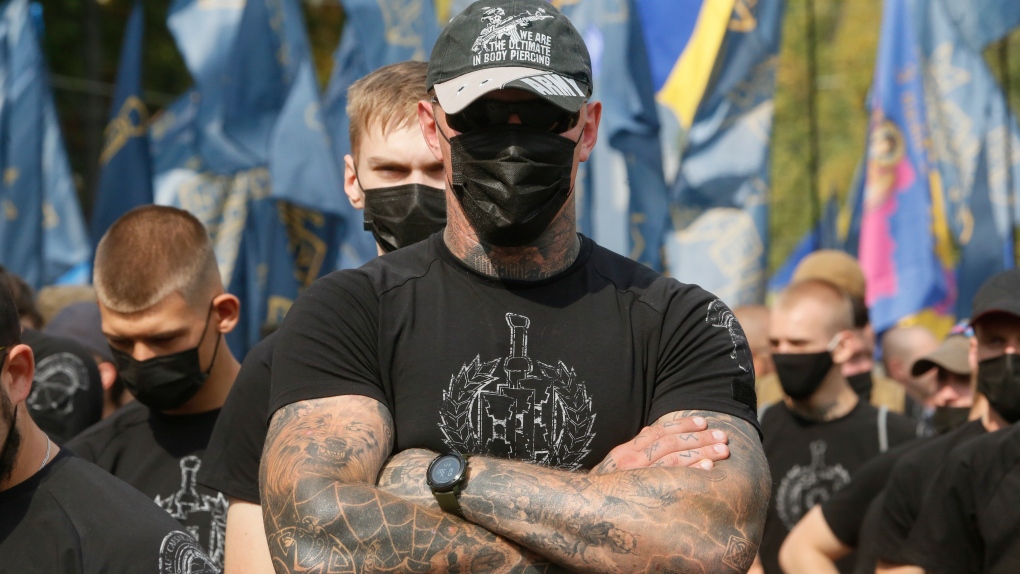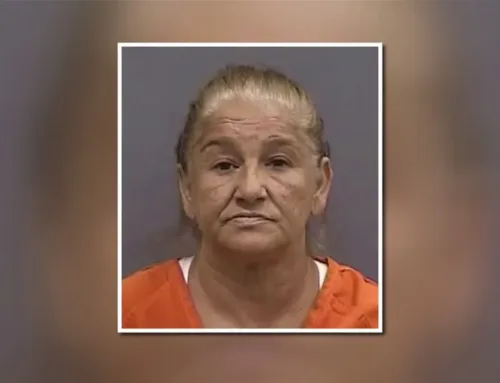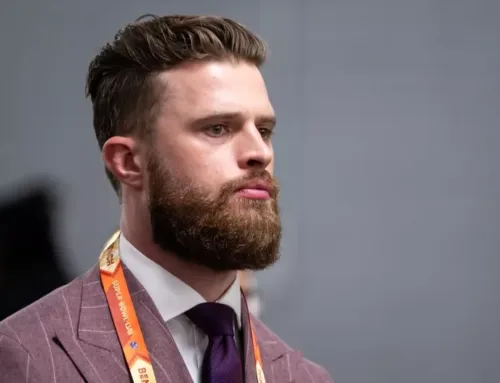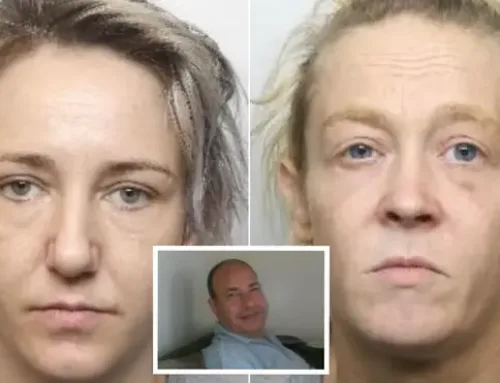April 28, 2022
-CTV
With mounting evidence pointing to the Canadian Armed Forces having trained members of Ukraine’s military who are also reported to be part of extremist groups, experts say Ottawa needs to strongly bolster its investigation and vetting of the soldiers it trains and arms in the embattled country.
The Department of National Defence promised a thorough review of Canada’s mission in Ukraine after CTVNews.ca approached them for comment in October 2021, regarding a report from George Washington University that found extremists in the Ukrainian military were bragging about being trained by Canadians as part of Operation UNIFIER.
The group in question – which calls itself Military Order Centuria, or simply Centuria, has links to the far-right Azov movement.
The Canadian military said they were alarmed by the report and denied any knowledge that extremists had taken part in training, adding that it does not have the mandate to screen the soldiers they train from other countries.
In the month that followed, an investigation by the Ottawa Citizen found that not only did Canadian officials meet and get briefed by leaders from the Azov Battalion in 2018, they did not denounce the unit’s neo-Nazi beliefs – despite being warned about their views by their colleagues– and their main concern was that media would expose that the meeting had taken place. Officers and diplomats allowed themselves to be photographed with battalion officials which was then used online by Azov as propaganda.
The federal government, which has spent more than $890 million training Ukrainian forces through Operation UNIFIER, has repeatedly stressed that it has not and will not ever train soldiers affiliated with Azov.
However, a recent investigation by Radio Canada into documents related to Canada’s mission in Ukraine found evidence that soldiers from the Azov regiment, identified by patches on their clothing and other insignias, have participated in training with the Canadian Armed Forces (CAF) as recently as 2020 at the western-backed Zolochiv training centre in Western Ukraine.
In a series of messages to CTVNews.ca, a spokesperson for the Azov regiment currently fighting in Mariupol, Ukraine said they were excluded as a group from training with Canadian instructors in Op. UNIFIER but that they “wrote a program” for their own courses and “were instructors in all disciplines in the National Guard of Ukraine training centre,” confirming Radio Canada’s previous reporting.
The spokesperson did not address questions related to individual Azov regiment members receiving training through Op. UNIFIER.
However CTVNews.ca was able to find evidence on the social media account of Azov regiment leader Kyrylo Berkal, call sign “Kirt,” of members training with Canadian instructors, where they refer to “cooperation” with Op. UNIFIER in 2019. Berkal’s social media features Nazi symbols and other extremist views.
CTVNews.ca asked the government whether it would re-evaluate its special relationship with Ukraine, its training mandates for Op. UNIFIER or review the lethal aid being sent to Ukraine in light of the recent reports. A spokesperson for the Canadian Joint Operations Command of the CAFs said in a statement emailed to CTVNews.ca earlier this month that “all members deploying on Operation UNIFIER are briefed to help them recognize patches and insignia associated with right-wing extremism.”
The statement said that if Canadian soldiers “suspect” their Ukrainian peers or counterparts hold racist views or belong to right-wing extremist elements they “are removed immediately.”
However the statement reiterated that when it comes to vetting foreign soldiers; “there is no burden of proof on the CAF to demonstrate this beyond a reasonable doubt.”
The CAF said it takes “every reasonable measure” to ensure no training is provided to extremists, but the statement said “Ukraine is a sovereign country” responsible for recruiting and vetting its own security forces.
Addressing concerns that extremist elements in the Ukrainian military now have access to much deadlier firepower because of countries like Canada arming Ukraine since the Russian invasion, the CAF said that donations of military aid are provided “exclusively” to the Ministry of Defence of Ukraine and that those donations are “controlled with end users certificates provided by the MoD of Ukraine.”
Christian Leuprecht, security analyst and professor at the Royal Military College and Queen’s University, said “Canadians don’t get to pick who they do and don’t train” on advise and assist missions like the one in Ukraine.
“Anytime you have a nationalist type conflict, you’re going to have extremists. You’re going to have people who hold extremist views engaged in the fight,” Leuprecht said in a telephone interview with CTVNews.ca. “So that’s not particular to Ukraine, and I think the problem that Canadians have is in that mission don’t have the luxury to pick and choose…. either you’re in the mission or you’re not.”
Leuprecht said Canada’s military resources are too stretched to set up a vetting mechanism in Ukraine, and that the government would have had to weigh the risks of operating a training mission.
“In terms of the grand trade-off, it is never acceptable to have extremists in our midst,” he said. “At the same time, when you’re training hundreds or thousands of people over six-and-a-half years in an eastern European country, it is unavoidable that you’re going to get some folks who are xenophobic or extremists.”
However, Leuprecht said when the military resumes Op. UNIFIER, there should be serious conversations about how to deal with the Azov movement and other far-right battalions being lionized as defenders of Ukraine after the war, swelling their ranks.
“We’ve obviously learnt some hard lessons here that make us all uncomfortable as Canadians…if or when we re-engage with Ukraine on the advise and assist mission, how is it not going to enable this battalion in particular or people who are affiliated with it,” he said. “It will be an important question going forward precisely of the heroic status that the battalion will have taken on.”




